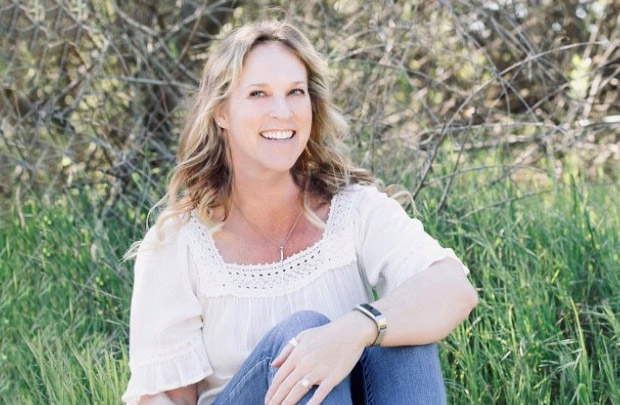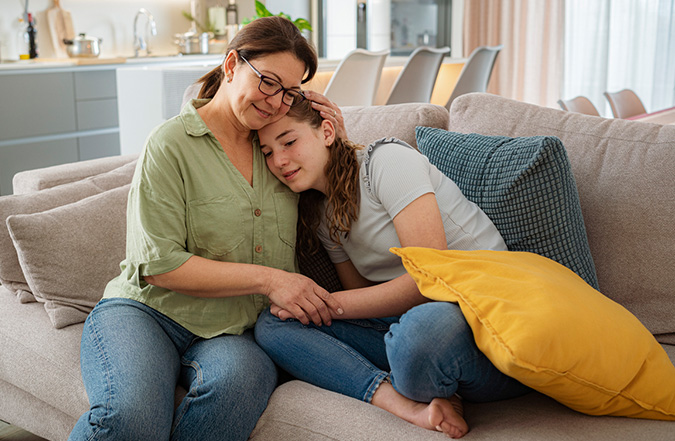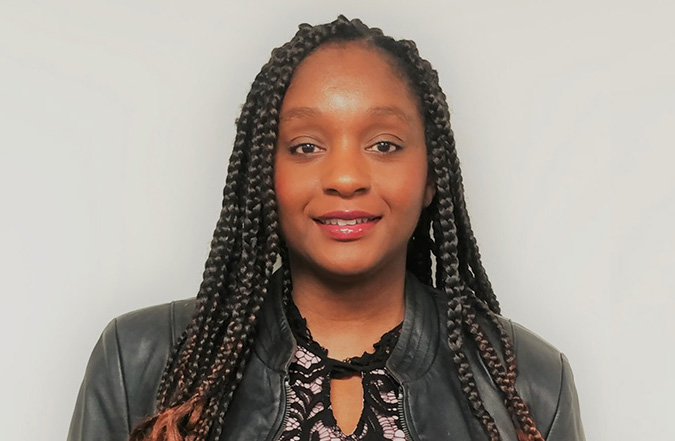
Michelle Rosencrantz is an adoption worker in Reno, Nevada. A mother she worked with suggested that we feature Michelle as an Outstanding Caseworker. The mother wrote:
“Michelle is a fantastic adoption caseworker! She helped us with two out of three of our adoptions. She always did exactly what she said she would do, and she always had her paperwork completed in a timely manner (endless I’m sure)! She was always there to listen when I felt like I was failing. She works her tail off, and she has become someone I look up to, ask advice from, and I trust.”
We talked with Michelle about her work.
What is your approach to working with families?
I try to treat everyone—parents and children—the way we all want to be treated: with respect.
I pride myself on being honest and direct in a way that my parents feel supported. When I say I’m going to do something, I try my best to get it done. I’ve been doing this work for 20 years, and so far, taking this approach has always worked for me.
This field is famous for turnover—and you’ve stayed in it for more than two decades! Why do you do it—and what have you learned?
I love my job. I love working with the families. Knowing that I’m making some kind of a difference in families’ lives keeps me doing this.
Lessons? There have been many! There is a lot of growing to be done in this job.
I would say the biggest lesson I’ve learned is humility. When I first started out, I was young and puffy—thinking I could change the world because I had the power to make decisions that altered people’s lives.
I have learned not to be judgmental. That we are all human and we are all capable of making mistakes in our lives that could change everything. Raising kids is hard! I know, I have two teenagers.
What are the biggest rewards in your work?
I might work with 30 kids at a time, and I get to know almost all of them really well. The best part of my job is seeing a child achieve permanency and finally get to live a normal life. They now have a family instead of a social worker. They know that they aren’t going to spend another afternoon in a courtroom.
What should families who are fostering and adopting know?
Sometimes love will not fix all the trauma, and just because these children are labeled as “foster kids,” you can’t give them back when things get hard. This is going to be your child, and all children can be hard! Any parent will tell you that.
Also, remember these children might have had families before coming into care, and those memories do not fade easily. Some children may not want those relationships to go away. Think about what they mean to the child and what role birth-family members might play in the child and your family’s lives.
The family who suggested we profile you said they appreciated your listening when they felt like they were failing. How do you counsel parents like these?
Being a parent is trial and error for sure. Nobody is perfect, and sometimes, things are going to be messy.
When a parent comes to me for advice, I brainstorm with them. I let them vent. I assure them that the experiences they are having are probably normal. Sometimes I’ll even share challenges I’ve had with my own children. I think it helps people to know that they aren’t the only ones going through a particular situation. Life happens. And we’re all doing the best we can.


